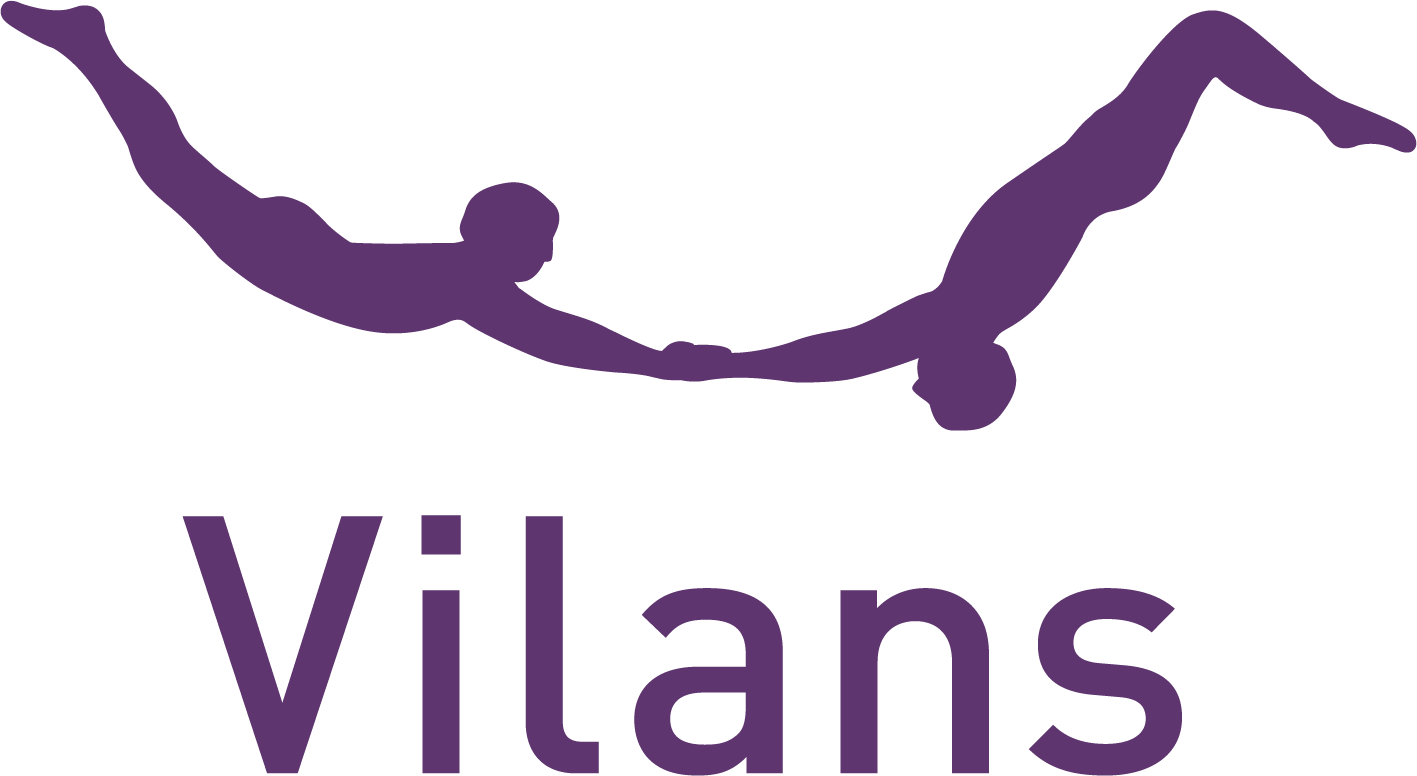9 tips for a sustainable and productive network
Published on: 24-11-2023
We all recognise it: you start working together in your healthcare network with great enthusiasm and energy, but over time the energy wanes and there is less commitment. Carole Groenescheij, a MIZW (Master Innovation in Care and Wellbeing) alumnus at Utrecht University of Applied Sciences, asks the following question: how do you keep energy and commitment within a network so that it can survive sustainably and productively? During a meeting of our learning network, we discussed in groups how everyone in their network maintains energy and what knowledge already exists about the topic.
Based on these discussions, we drew up some concrete tips for sustainable engagement in healthcare networks:
- Make sure you have enough “fun time,” individually and as a network. You can do this by creating an agenda that is not too full, creating space to get to know one another and exchange experiences. Physical meetings help with this. Think carefully about what can be done digitally and what must be done physically.
- It is important that the right people participate. People with the right knowledge and with different qualities: thinkers, feelers and doers. This requires moderation when it comes to demanding time and effort from people. Everyone is busy with work for their own clients. Think carefully about what commitment and time is really needed and adds value.
- Make sure there is clarity about the shared objective and its importance and make this as concrete as possible. This always requires attention to be given to the interests and ambitions of participants.
- Form a core coalition or action group with (some of) the network members and get to work; just do it. The result gives energy and you get to know each other better during the collaboration. Be sure to use this core coalition to communicate with all network members. That way everyone can be happy with the progress made and everyone knows about any dilemmas you may be facing.
- As a network coordinator, you need to be patient and persistent to sustain involvement in the network. You need to engage with participants who are no longer contributing, keep an eye on the interests of different parties and make cooperation open for discussion.
- As a network coordinator, see what it does to member involvement if the same people are always taking the lead. Alternating roles and tasks among participants can help.
- As network coordinator, provide reflection time at the end of meetings. Reflect on how the collaboration is going, how the involvement is and whether you are moving towards your goal. This fuels collaboration.
- Participants stay involved because they are committed on two levels: on the topic level and on an emotional and personal level. For the personal level, it is important that people are recognised and acknowledged and that everyone’s talents are utilised.
- Does one party put less energy into cooperation and drop out? If this is a partner that is not essential, you can let it go. If a partner has little energy and is essential, you should always show evidence of progress, for the partner and for the group as a whole. In addition, have directors of member organisations emphasise the importance and urgency of the network so that it is really taken seriously.
No magic wand
There is no magic wand to ensure that all network participants are 100 percent engaged. Nor is it always necessary. Some times a network member contributes more than others. This can have a variety of causes. The tips above give an idea of where you can take action to increase participants’ involvement and keep the energy going.
About the learning network Integrative Issues
The learning community consists of colleagues from the Utrecht University of Applied Sciences (HU), former students of the Master Innovation in Care and Wellbeing (MIZW) and Vilans. We meet periodically online to combine practical issues and knowledge to learn from each other. A previous blog about this learning network can be read here: 7 tips to keep monitoring interesting and meaningful.
These tips were compiled as a result of the learning community meeting by Ruben van Zelm, Programme Manager and Senior Lecturer of the master’s degree Innovation in Care and Wellbeing at Utrecht University of Applied Sciences, and by Sandra Dahmen, Senior Advisor on Strategy & Collaboration at Vilans.






